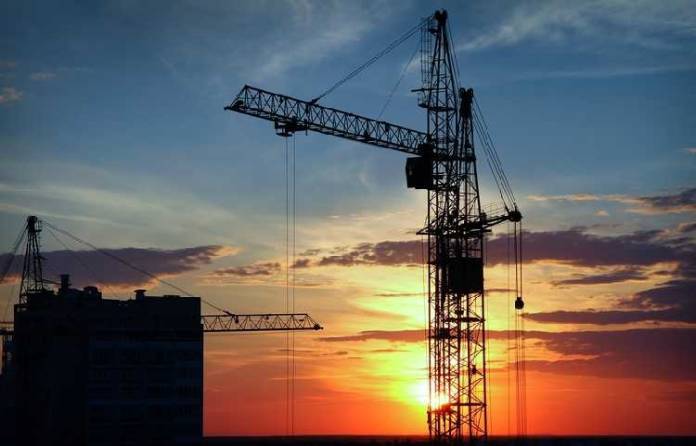
Trying to get construction back to work too quickly could result in unintended consequences, and supply chains will need time to get back on their feet, argues Nick James.
Restarting the construction industry isn’t as simple as just turning on a tap and things starting to flow. And neither should we risk starting up too soon.
Yes, it’s right that construction should be pressing for an exit strategy. But the industry needs to be mindful of the criticism levelled at it just weeks ago in terms of allegedly flouting social distancing instructions. Up and down the country, from London to Liverpool, and from Lincoln to Leicester, there were numerous concerns raised that construction firms were not adhering to advice.

Nick James
Firstly, the industry risks a PR crisis if lax arrangements are put in place with the lockdown lifted result in another rise in infections and deaths and further enforced closure of construction sites. A significant proportion of the public are yet to be convinced of the necessity of a return to work – witness the reports of contractors receiving abuse and intimidation from the public even in cases where they were undertaking essential work.
Another shutdown would also mean a false start – which would arguably be even more damaging to the sector than simply waiting longer now before starting up again.
Firms that are restarting need to adhere to measures for ensuring people stay at least 2m apart, for example by increasing the number of entrance and exit points and staggering working hours; providing handwashing facilities at entrances and exits; removing or disabling entry systems that require skin contact; discouraging a ‘canteen culture’ where workers congregate; and having a ‘social distancing co-ordinator’ whose sole job is to monitor adherence to safety principles. Personal protective equipment (PPE) will need to be worn in some cases, though for many smaller firms the cost could prove prohibitive. And neither should the industry be in competition with health workers for PPE.
Secondly, work cannot just pick up again unless supply chains are equally re-invigorated. While builders’ merchants like Travis Perkins and Wickes might be poised to scale up operations, many supply chains – not only in the UK but also particularly those in the Far East – are still static as a result of the pandemic.
Thirdly, there are going to be short-term labour shortages – many firms are reporting a shortage of skilled labour because of foreign construction workers that went home as coronavirus took hold and are reluctant to return given the impending Brexit.
The fact is many firms won’t be able to restart for these and other reasons. That’s why calls for the coronavirus loan process to be streamlined are correct, because many – particularly small businesses in the sector – will face continuing pressure on their finances from the current suspension of projects. Faster decisions need to be made on approvals too.
We all want to get back to work as soon as possible. But neither should we risk taking one step forward, two steps back by re-starting too soon. Tiding firms over more effectively through the loan scheme will help relieve the pressure, allow supply chains to get up and running, and allow a sensible, staggered return at the right time.
Nick James is a member of the Chartered Institute of Building and director of project management at McBains, a property and construction consultancy.










